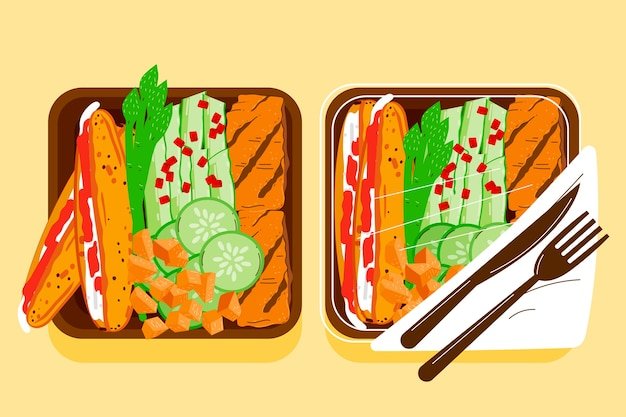
Introduction
Small Intestinal Bacterial Overgrowth (SIBO) is a condition characterized by an abnormal increase in the number of bacteria in the small intestine. This overgrowth can lead to a variety of uncomfortable symptoms such as bloating, gas, abdominal pain, diarrhea, and malabsorption of nutrients. One of the key components in managing SIBO is following a specialized diet known as the SIBO Prep Diet. In this comprehensive guide, we will explore the various aspects of the SIBO Prep Diet and how it can help in managing this condition effectively.
Understanding the SIBO Prep Diet
The SIBO Prep Diet is designed to starve the bacteria in the small intestine, allowing for a reset of the microbial balance. It aims to eliminate foods that contribute to bacterial overgrowth while providing adequate nutrition to support the body’s needs. The diet consists of three phases: the elimination phase, the maintenance phase, and the reintroduction phase.
Phase 1: The Elimination Phase
During the elimination phase, the goal is to remove all fermentable carbohydrates that feed the bacteria in the small intestine. These carbohydrates include sugars, refined grains, starchy vegetables, and high-fiber foods. The elimination phase typically lasts for two to four weeks, but the duration may vary depending on the severity of the SIBO symptoms.
Foods to avoid during the elimination phase:
- Sugars: Table sugar, honey, maple syrup, agave nectar, and high-fructose corn syrup.
- Grains: Wheat, barley, rye, and their products.
- Starchy vegetables: Potatoes, sweet potatoes, corn, and peas.
- Legumes: Beans, lentils, and chickpeas.
- High-fiber foods: Whole grains, bran, nuts, seeds, and most fruits.
Phase 2: The Maintenance Phase
After completing the elimination phase, the maintenance phase focuses on reintroducing certain foods while monitoring symptoms. This phase helps identify individual food triggers that may contribute to SIBO symptoms. It is essential to reintroduce one food group at a time and observe any adverse reactions for several days before introducing the next group.
Common food groups reintroduced during the maintenance phase:
- FODMAPs: Fermentable Oligosaccharides, Disaccharides, Monosaccharides, and Polyols. These include certain fruits, vegetables, dairy products, and sweeteners.
- Grains: Gluten-free grains such as rice, quinoa, and millet.
- Legumes: Soaked and cooked legumes like lentils and chickpeas.
- Low-sugar fruits: Berries, citrus fruits, and melons.
- Nuts and seeds: Soaked and peeled nuts and seeds.
Phase 3: The Reintroduction Phase
The reintroduction phase involves reintroducing specific foods that were eliminated in the previous phases to determine individual tolerances and triggers. This phase is highly individualized and requires close monitoring of symptoms and reactions. It is recommended to work with a healthcare professional or a registered dietitian experienced in SIBO to guide you through this phase.
Additional Considerations and Tips
- Probiotics: While probiotics can be beneficial for gut health, they may worsen SIBO symptoms in some cases. It is essential to consult with a healthcare professional before starting any probiotic supplementation.
- Meal timing: Spacing meals at regular intervals and avoiding snacking can help improve digestive function and minimize bacterial overgrowth.
- Stress management: Chronic stress can affect gut health and contribute to SIBO symptoms. Practicing stress management techniques such as meditation, deep breathing, and regular exercise can be helpful.
- Personalized approach: Each person with SIBO may have different food triggers and tolerances. Keeping a food diary and working closely with a healthcare professional can help identify individualized dietary recommendations.
Conclusion
The SIBO Prep Diet is a valuable tool in managing Small Intestinal Bacterial Overgrowth. It aims to reduce bacterial overgrowth by eliminating fermentable carbohydrates, reintroducing foods systematically, and identifying individual triggers. However, it is crucial to work with a healthcare professional or a registered dietitian experienced in SIBO to ensure a personalized approach and maximize the benefits of the diet. With proper guidance and commitment, the SIBO Prep Diet can play a significant role in improving symptoms and overall gut health.








